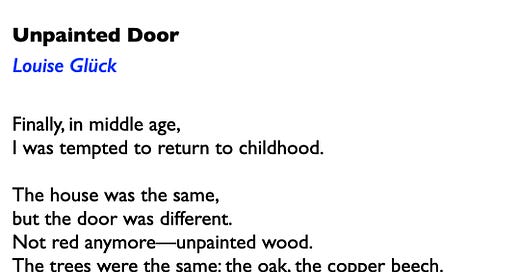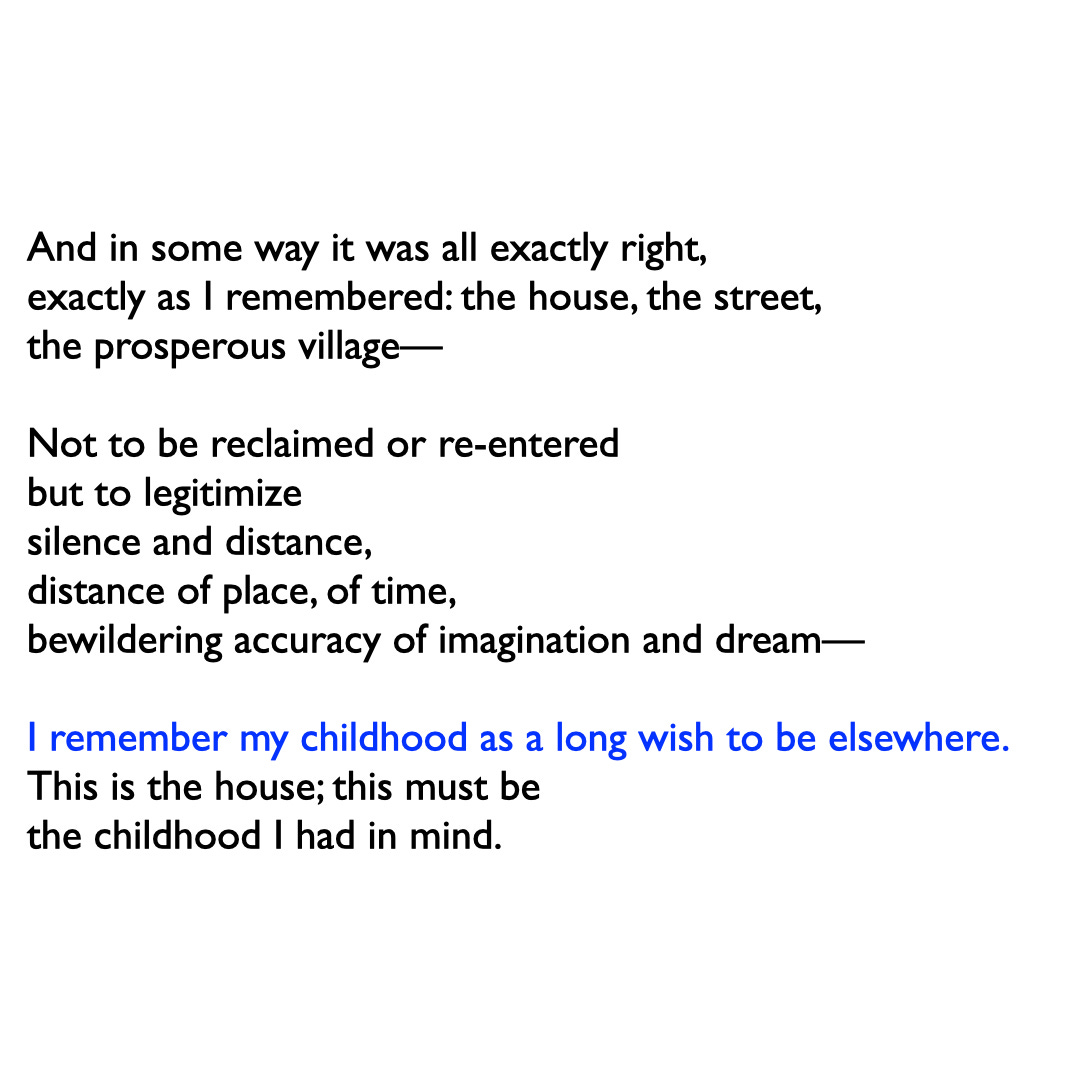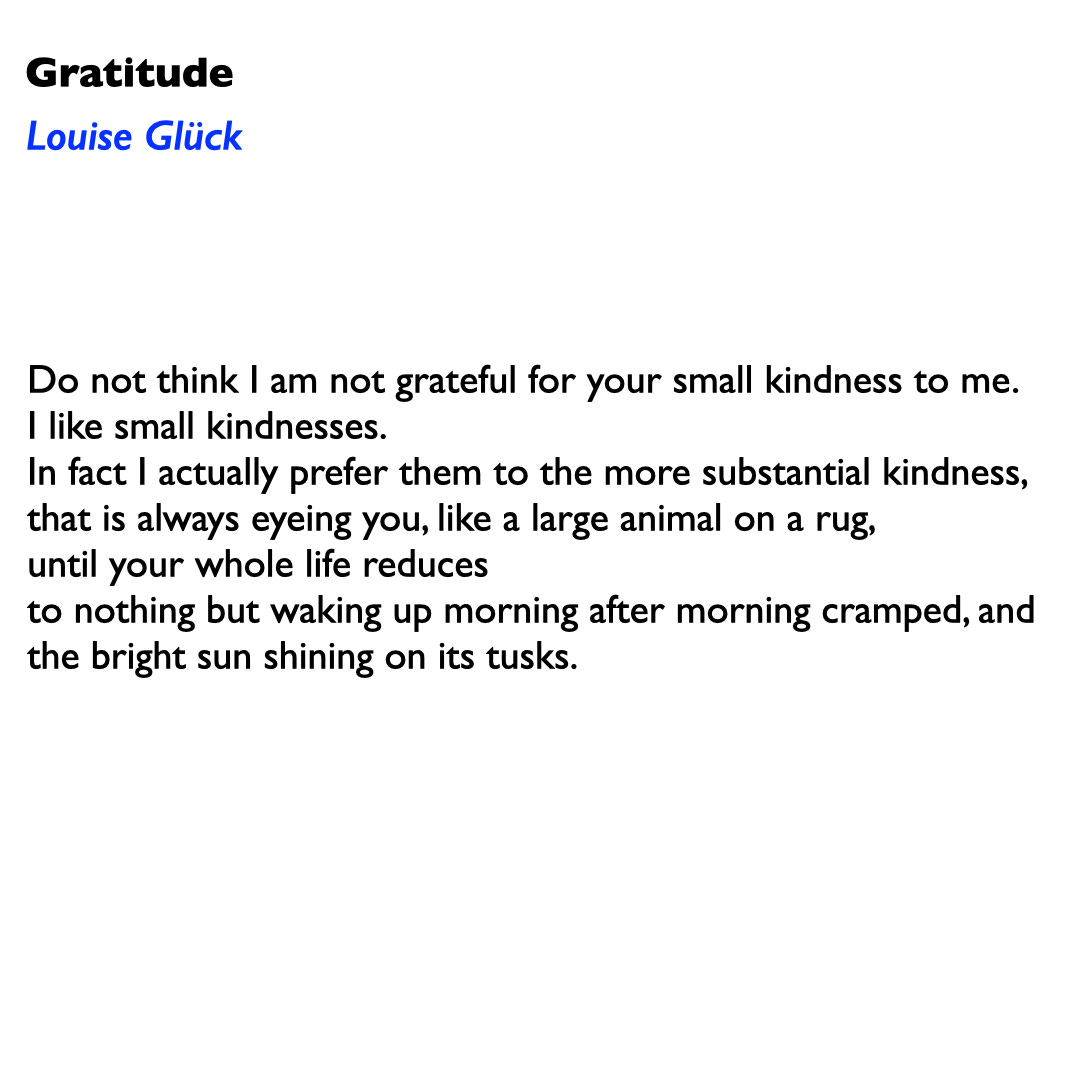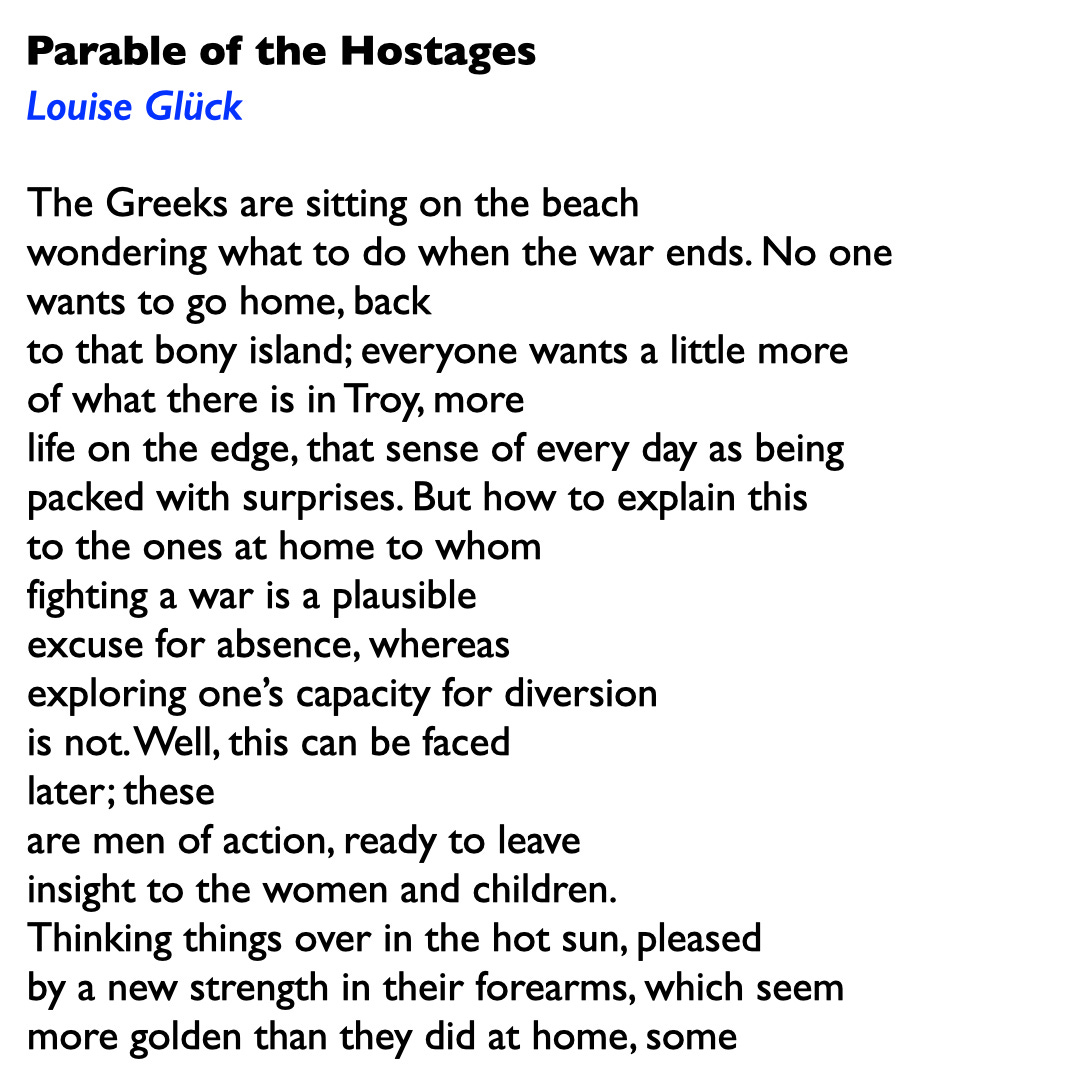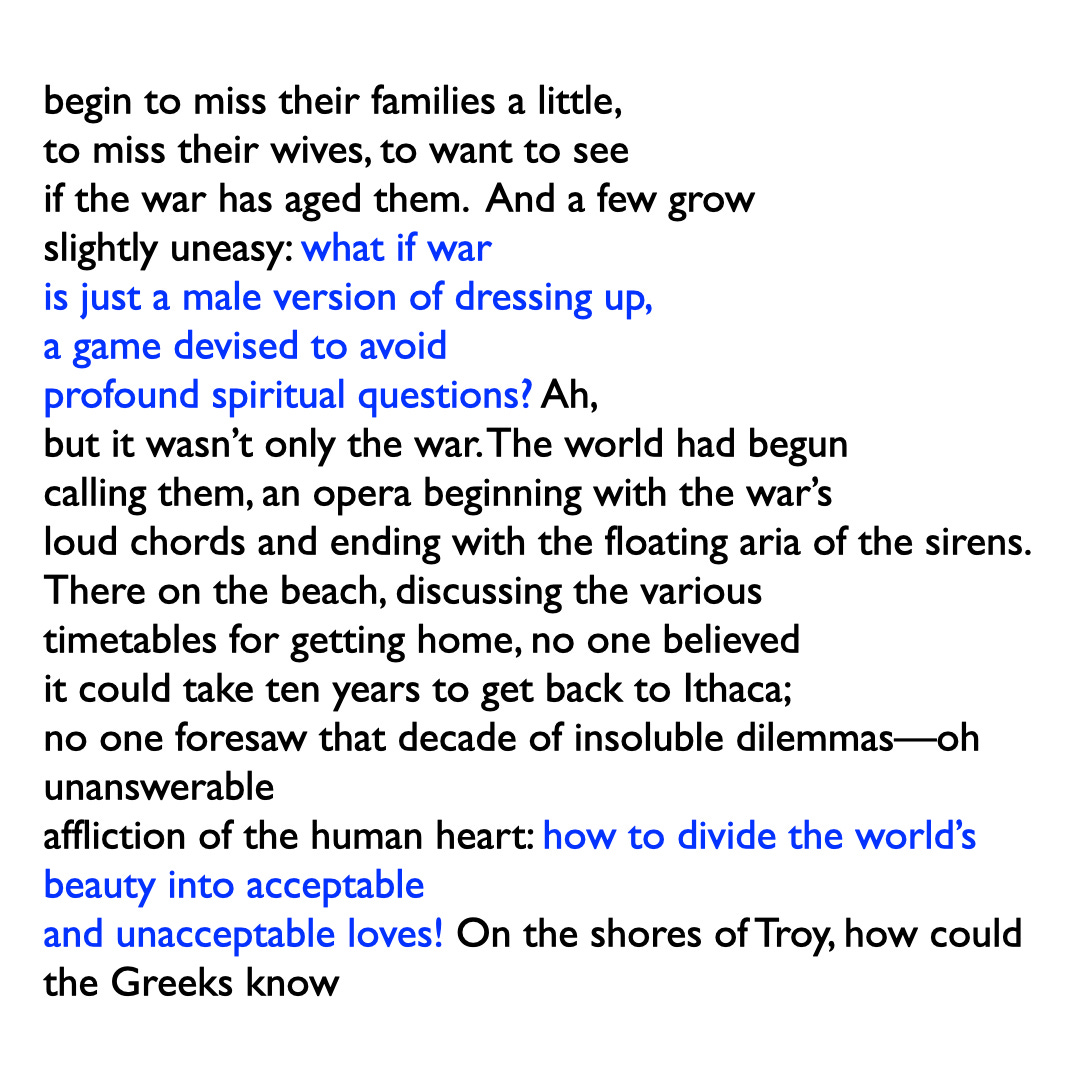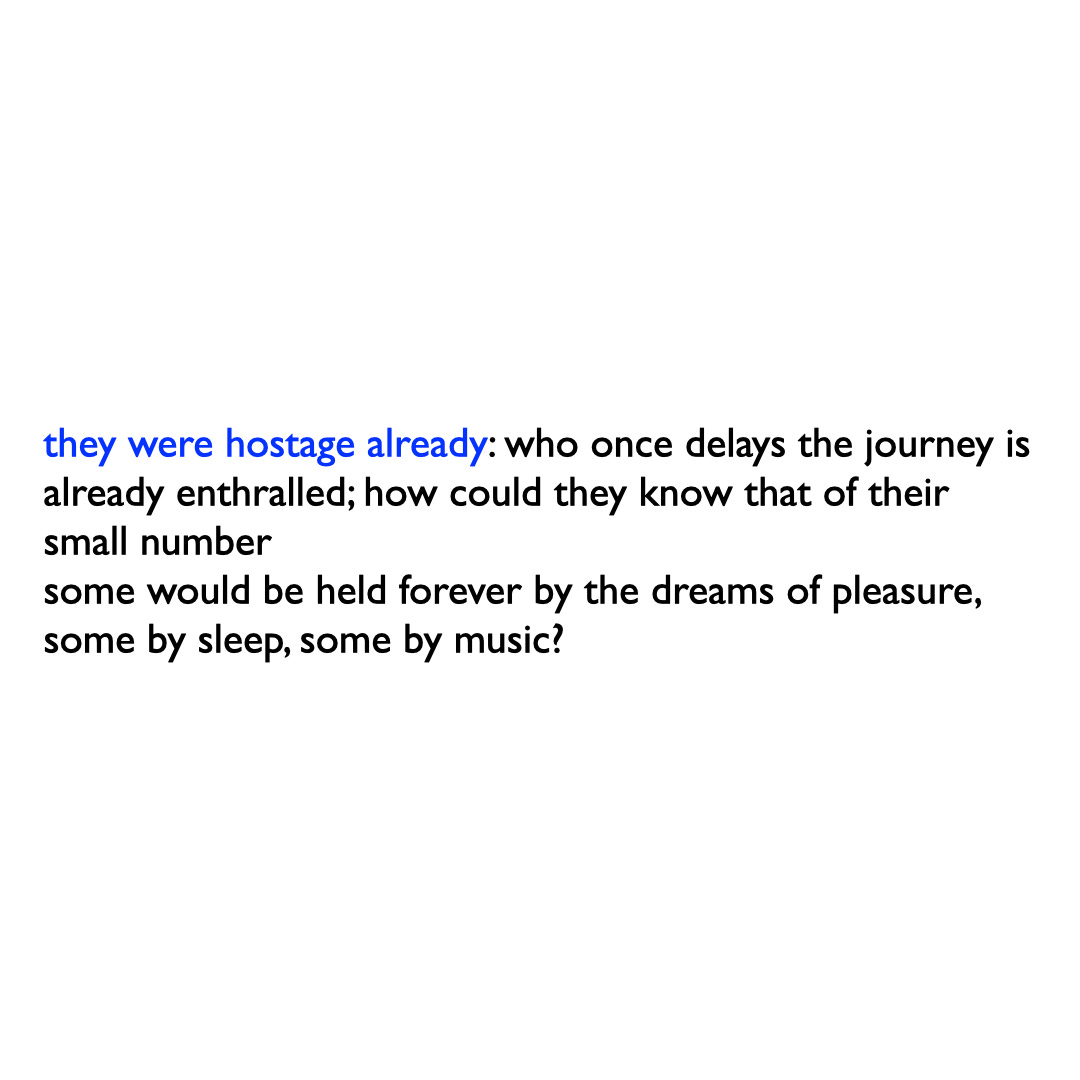The experience of making a poem, after the act, is a kind of centring. It is both vantage and voyage. A good poem nails narrative. The poet becomes that bird whose forked claw is imagined time, crushing a worm, and the creature is forever caught in the duality of its wriggling. In this way the language of poetry is both still and moving, remaking the past, and channelling an eternal present. It is also a dream, committing memory to paper as something other than what it might have been - in the poems we birth, we create versions of ourselves, something that no one else has seen, the way we have. The miracle of this intimate act is that when it is shared, it is another’s as unique and as different.
I think artists and poets spend an eternity trying to eke out the meaning of creation. Why write? Caught in the cycle of self-doubt, of questions of reach, of narcissism and the collective, the creative act is actually a way of entering the world. I think about this often, the “value” of a poem, the conundrum of connection and universal emotion, and the question of community.
In her Nobel Acceptance speech, Louise Glück talks about the creative impetus, the poet and the world. The Nobel committee’s citation references the theme she takes up in her lecture - “unmistakable poetic voice that with austere beauty makes individual existence universal.” - the individual intimacy of a voice whispered into the collective:
“The poems to which I have, all my life, been most ardently drawn are poems of the kind I have described, poems of intimate selection or collusion, poems to which the listener or reader makes an essential contribution, as recipient of a confidence or an outcry, sometimes as co-conspirator. “I’m nobody,” Dickinson says. “Are you nobody, too? / Then there’s a pair of us — don’t tell…” Or Eliot: “Let us go then, you and I, / When the evening is spread out against the sky / Like a patient etherised upon a table…” Eliot is not summoning the boyscout troop. He is asking something of the reader. As opposed, say, to Shakespeare’s “Shall I compare thee to a summer’s day”: Shakespeare is not comparing me to a summer’s day. I am being allowed to overhear dazzling virtuosity, but the poem does not require my presence.
In art of the kind to which I was drawn, the voice or judgment of the collective is dangerous. The precariousness of intimate speech adds to its power and the power of the reader, through whose agency the voice is encouraged in its urgent plea or confidence.”
Indeed, in Glück’s own poetry there is this quality of being spoken to conspiratorially, the fastening of a particular bond, a confiding. This natural connection that a reader has with a poem is a relationship most precious. That moment resounds - when we chance upon something that was not in our world before, and we reach the poem, and the poet, with our own affects, our memories and experiences, forming myriad connections with perhaps an experience that was deeply personal, but is suddenly everywhere and everything. We nod, experiencing that feeling of new knowledge that has only been made apparent with the poem, like some deep truth that we knew all along, but was just momentarily hidden from view.
There was one line in a Glück poem that made me think of this particular experience. The poet revisits childhood, and in this, it is somewhat general and pensive. The characteristic, contemplative “austerity”, the precise, detailed characterisation of scene, with cinematic rawness, whose impact is incremental draws us in, and I started to think of my own childhood. Then that line hit me - not that it was different in any formal register. In fact, it even follows the natural train of thought in the poem. But then the last stanza plants a seed of doubt, about remembering, about desire and fantasy, and in one thoughtful sweep, the poem opens a door to the ways in which we see ourselves, our homes, what was and what is.
What is fascinating about this poem for me, is that it opens the door to so many different ways of experiencing time. It mirrors what I spoke about in the beginning, about vantage and voyage, about the ways in which we recreate our lives through memory. This theme of wanting to be elsewhere (now reduced to a marketing strategy or a hashtag - #FOMO) came to me unexpectedly, and I felt an instant, momentary truth. Her poems have this capacity to pull you inside them, but at a distance. Their pace is that of an old pickup truck slowly making its way along a long kachcha village road. These are truths we’d rarely share with others, spoken with a sage, knowing air, and a certainty of self-knowledge.
A friend was talking to me recently about the anxiety of being “seen” - I thought of this after reading the poem. The obligatory guilt of gratitude, of living in the shade of another’s kindness, comes home with dissonant images forming an evocative picture. The imagery works, because it is not the expected description of a scene, object or body, but a movement, an arc, a space borne out of emotion.
The last poem I’m sharing to round off this whimsical triad, hardly representative of the poet’s panoramic craft, and her various adventures, is a popular one. In surveying her body of work, one sees a tendency to revisit the the same frame, always from a slightly different angle. Many of her poems centre around her family - her relationship with her sister, her parents, her lover. Glück also wrote several ‘parables’, some of which fed into her various musings on mythology, and religious tales. These enclosed a kind of moral tonality, with the shadow of a ‘lesson’, almost aphoristic. The same conversational, slow unwinding addresses this mythological reading in ‘Parable of the Hostages’.
If the poetry and the commentary resonate with you, do consider ‘buying me a coffee’.
—
Note: Those, not in India, who’d like to support the work I do at Poetly, do write to me - poetly@pm.me. (Apologies, I will figure out international payments soon)
Share this post
Thanks for reading Poetly! Do subscribe if you are not reading this in your inbox. Cheers!

